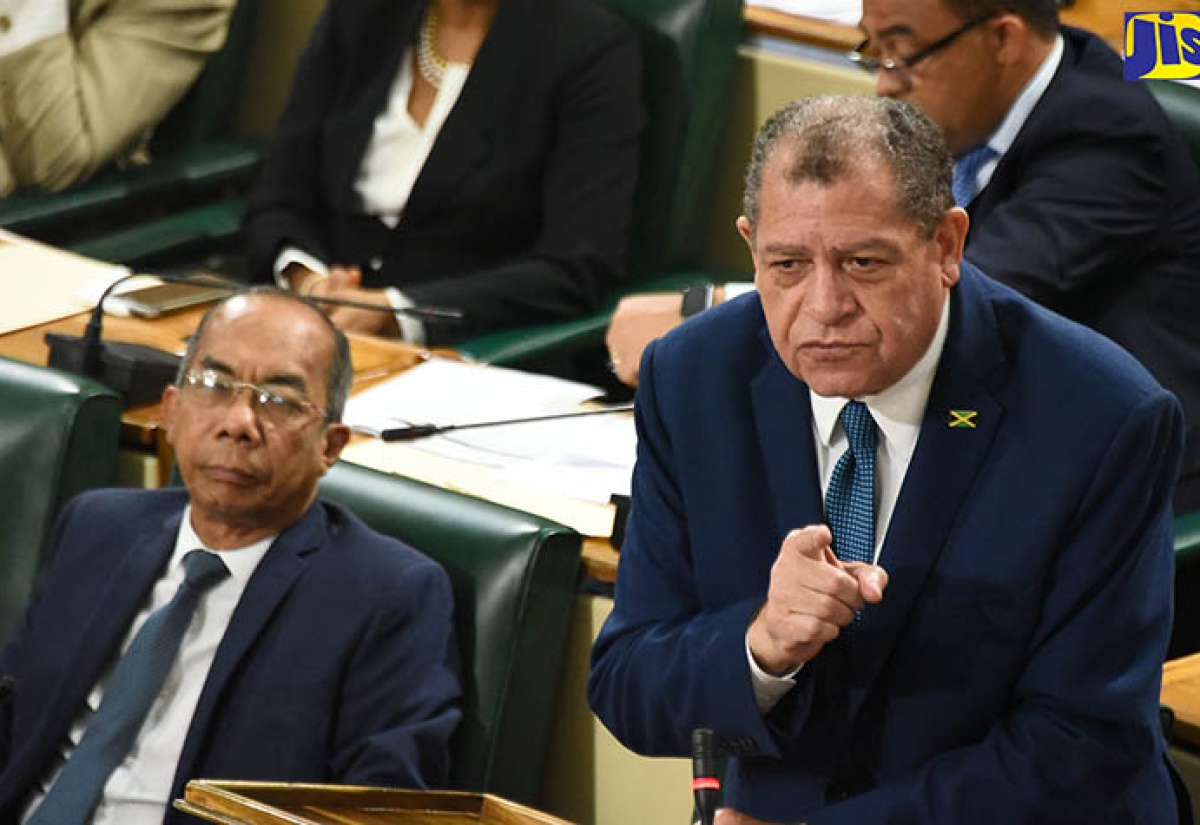Minister Shaw Calls for Fair and Rigorous Application of Revised Treaty of Chaguaramas
By: , June 21, 2018The Key Point:
The Facts
- “Therefore, we need to commit ourselves first and foremost to applying the existing rules and strengthen (measures), where necessary, to achieve the goal of a single market,” he said.
- Mr. Shaw was contributing to a debate on the Report of the Commission to Review Jamaica’s Relations within the CARICOM and CARIFORUM Frameworks in the House of Representatives on June 19.
The Full Story
Minister of Industry, Commerce, Agriculture and Fisheries, Hon. Audley Shaw, says that the provisions of the Revised Treaty of Chaguaramas must be applied fairly and rigorously in order to result in increased economic development in the region.
“Therefore, we need to commit ourselves first and foremost to applying the existing rules and strengthen (measures), where necessary, to achieve the goal of a single market,” he said.
Mr. Shaw was contributing to a debate on the Report of the Commission to Review Jamaica’s Relations within the CARICOM and CARIFORUM Frameworks in the House of Representatives on June 19.
The Revised Treaty establishing the Caribbean Community, including the CARICOM Single Market and Economy (CSME) was signed in 2001.
Among the objectives are improved standard of living and work in member countries; accelerated, coordinated and sustained economic development; and organisation for increased production and productivity.
Mr. Shaw told the House that he supports the Commission’s recommendation that calls for the removal of all non-tariff barriers and establishment of agreed protocols for sanitary and phytosanitary (SPS) measures.
He said that agreed mechanisms relating to SPS issues are critical to facilitate trade in agriculture, which, he noted, forms an important part of the economic and social fabric of most CARICOM states.
He noted that while Jamaica has emerged as the “single” market that everyone wants to access, “we have experienced significant challenges in accessing the CARICOM market, largely on the grounds of SPS measures”.
“We must, therefore, accelerate every effort to have the necessary harmonised SPS measures in place as recommended by the Commission Report,” Mr. Shaw said.
He noted that Jamaica has achieved self-sufficiency in a number of agricultural goods, including chicken, eggs, pork and several vegetables and tubers, and any further expansion of productive capacity will only be possible with access to nearshore preferential markets.
He said Jamaica sees CARICOM as a natural extension of its domestic market and will be aggressively pursuing this market, “as we not only have the capacity to do so but we have a right as enshrined in the Revised Treaty”.
Minister Shaw noted that there is also opportunity to grow agriculture to supply raw material for manufacturing.
“Again, the Revised Treaty of Chaguaramas, through the provisions of the Common External Tariff and Rules of Origin provisions, is intended to foster primary agricultural production to support manufacturing. This is precisely why the Revised Treaty promotes trade in wholly produced primary goods and sets thresholds to ensure value addition and substantial transformation,” he pointed out.
He said that the practice has been wholesale and liberal use of extra-regional raw materials with little value-added, to produce manufactured goods in the region and then ship to countries, including Jamaica, duty-free.
“All of this is happening when Jamaica itself has the capacity to produce some of those very raw materials. I, therefore, call on CARICOM, through the Council for Trade and Economic Development (COTED), to rigorously apply these rules,” he appealed.
He argued that where countries demonstrate the capacity to produce the raw materials “the rules need to recognise this, with the adequate tariff protection and by lifting the threshold for transformation”.
“For instance, it is an affront to the peanut farmer in Jamaica not to be able to sell his peanuts when a manufacturing entity elsewhere in CARICOM can simply put a pretty package on extra-regional peanuts and sell it to our markets as a product of community origin duty-free,” he further contended.
Mr. Shaw stressed that for the Caribbean Single Market to be effective and sustainable it has to promote the development of primary industries.


